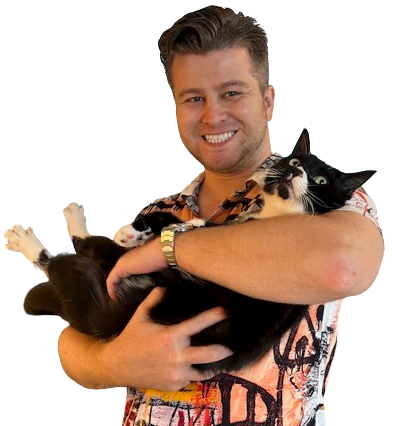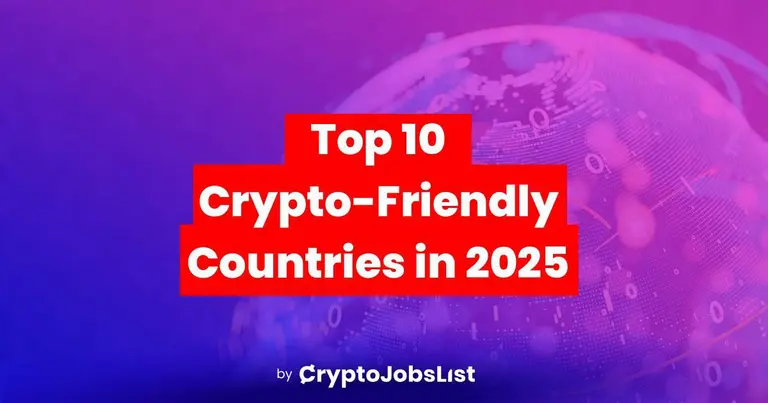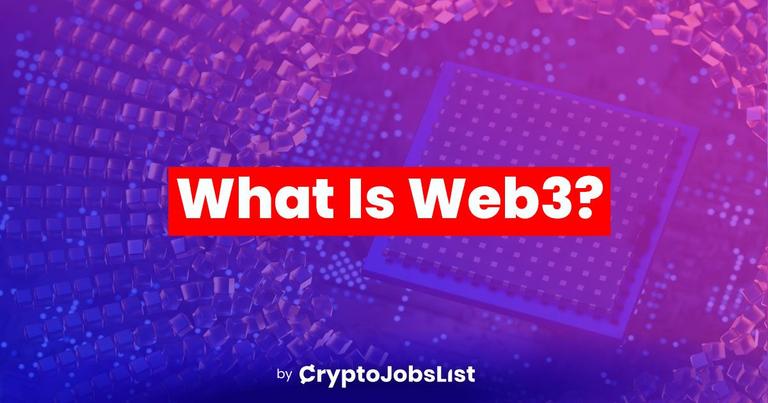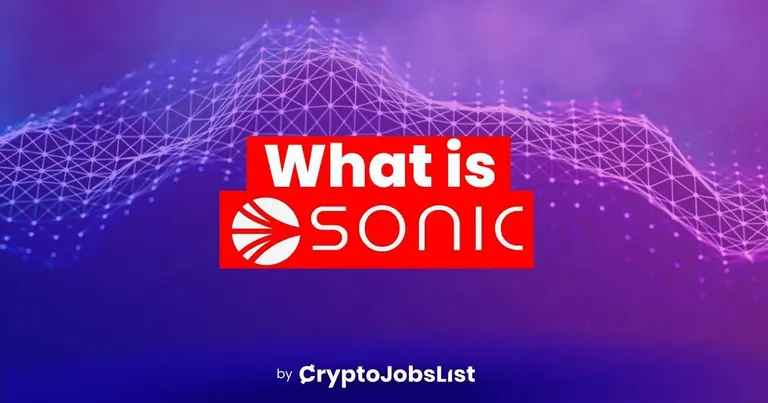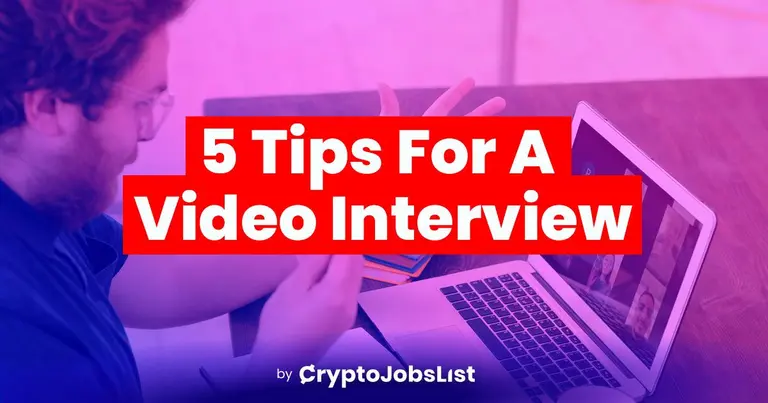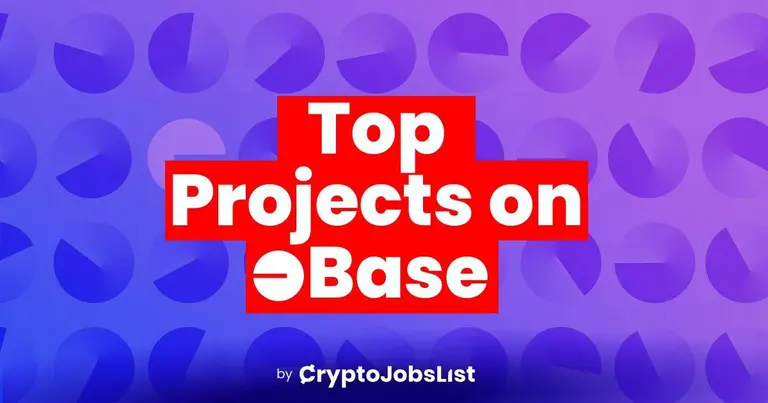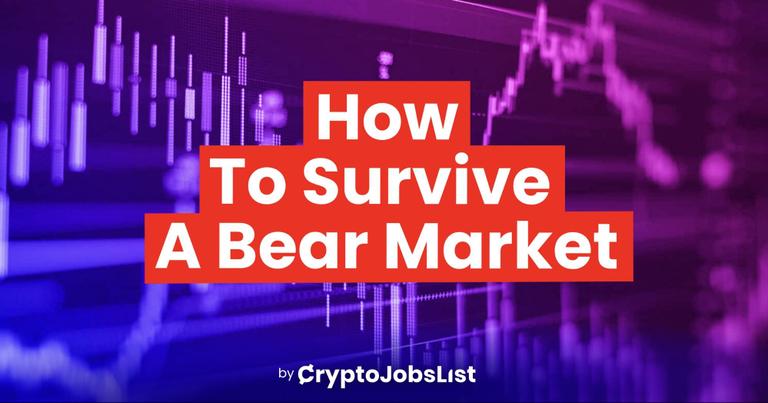Hello everyone, I am Raman from Crypto Jobs List, and this is our friend Gyanesh Maheshwar who is working for Cindicator. Today we are going to do a quick interview — a success story of what it is like to be a cryptocurrency trader and, specifically, a trader at Cindicator.
Please introduce yourself
My name is Gyanesh, I have been with Cindicator since March 2018. Before that, I was an equity derivatives trader at Barclays for eight years. I started getting interested in crypto April last year, and in the process of investing my money, I felt the need to read up more on the companies I was investing in, eg. what sort of solutions they are coming up with, and that is how I got interested. At that point of time, I had been with Barclays for eight years, and felt the itch of wanting to do something else. I started thinking about where I could slot in in the crypto space, and right then I came across the opening in Cindicator on Crypto Jobs List.
So basically, you got familiar with Bitcoin and other cryptocurrencies around April last year?
Yes, I have heard about Bitcoin around 2013. A colleague of mine who was quite active in that space [crypto] kept pushing me to put some money in there, but I never actually did, and I regretted it.
Do you find that the skills that you had while trading for Barclays replicable in the cryptocurrency markets or do you have to learn new skills?
Since both involve trading on an exchange, the basic skills of technical analysis of the price chart, buying and selling, understanding of how much liquidity is there in the market and what ticket size you could do without adversely affecting the market, are skills that could be brought over. The skill of actually managing a portfolio, managing risks, managing the P&L attached to it and the discipline around that, are things I needed to pick up, because my previous role was more of an agency role, where the bank do not bear any risks, and that is something I had to learn for Cindicator.
Do established markets have more restrictions versus the brave new world of cryptocurrencies?
Definitely! There are a lot more regulations and rules to follow in the corporate world, but cryptocurrency is still in the development stage, we will eventually see those regulations coming to the crypto market. The good thing about crypto market right now is that you can be as entrepreneurial as you want to be, you can go out and take responsibility for more things that you probably wouldn’t get an opportunity to do in a corporate setting. So all you have to do is ask for more, take responsibility for that, and then learn how to deliver that.
What are the tips you would recommend to someone who is looking for a similar position?
I would suggest to first look at what skills you already have from your experiences, and then think about where you could slot those into in the new world and build a pitch on it. When you are building that pitch, be very ambitious, don’t restrict yourself to just your previous experiences. Since it is a new space, you have to be able to do a lot of things across a lot of work. I would say be ambitious, go out and apply for things you probably don’t have experience in doing, but have a good explanation as to why you think you can add value to that role or the company.
What is the importance of crafting your cover letter or CV? What should or should you not put in it?
I would say your CV is something that gives the company an idea of what you have done in the past, you can just use a regular CV that you have used for applying anything else. What will differentiate you the most is that cover letter. Your cover letter is basically the nut which fits the whole thing together. You need to be able to explain in that cover letter what you have done in the past, and how it’s going to fit perfectly with what the company is trying to achieve. So that is your medium that you have (the cover letter), so focus quite a bit on that, be bold in applying for positions, because if you don’t ask, you don’t get. Another thing that I would say is- network like crazy! It’s going to be a long journey, it’s not going to be a quick sure fire application. Meet as many people as you can, it might not lead to a role immediately, but you will eventually get there. I started looking at the space since September last year, and only landed at Cindicator in March this year. Don’t shy away from cold LinkedIn messages, reach out to as many people as possible, go for meetups, meet people, try to understand what they are trying to achieve, and have think to yourself, what are the skills that I have, will that fit anywhere in that company. I think that’s the most important thing.
A lot of people are applying for positions and expect the response the next day, which is kind of rare, companies need time to get back to you.
Those sort of responses are what you could probably expect from a corporate structure, where they already are entrenched in what they want to do for the whole year ahead, they have everything in place. As this is just a relatively new space, everyone is figuring out how best to do whatever they are trying to achieve, and these plans keep changing, you can’t really expect the sort of response that you will get in the corporate setting.
That’s actually a pretty good reminder, quite often companies will post a job, and then a few days later decide that they are not hiring. For a lot of people this is very unusual, they become angry, thinking why is there no response, why did they close the position, did they hire someone. Yes, it’s a bit frustrating, but if you really wanna be in this industry; there are a lot of incentives to be in this space as it’s still very early, you would want to be patient, be understanding, you would want to apply, do your best, and be really committed and show your interest.
Definitely, sometimes these conversations take a lot of time. For Cindicator, for example, I started speaking to them in September to November, and there was a little bit of a break, and then re-engaged with them in February. So it’s an on and off thing, both on the company’s side and my side. This things happen, I will just say be patient, and be persistent.
That’s right, patience and persistence, focus on what you want, and show your best side.
Yea! And that worked!
Thanks so much for this interview and I hope to speak to you again.
Sounds good.
Take care guys and all the best in your job hunt! Check out some of our latest cryptocurrency trader jobs and, if you are a company, make sure to post a job to the board.


